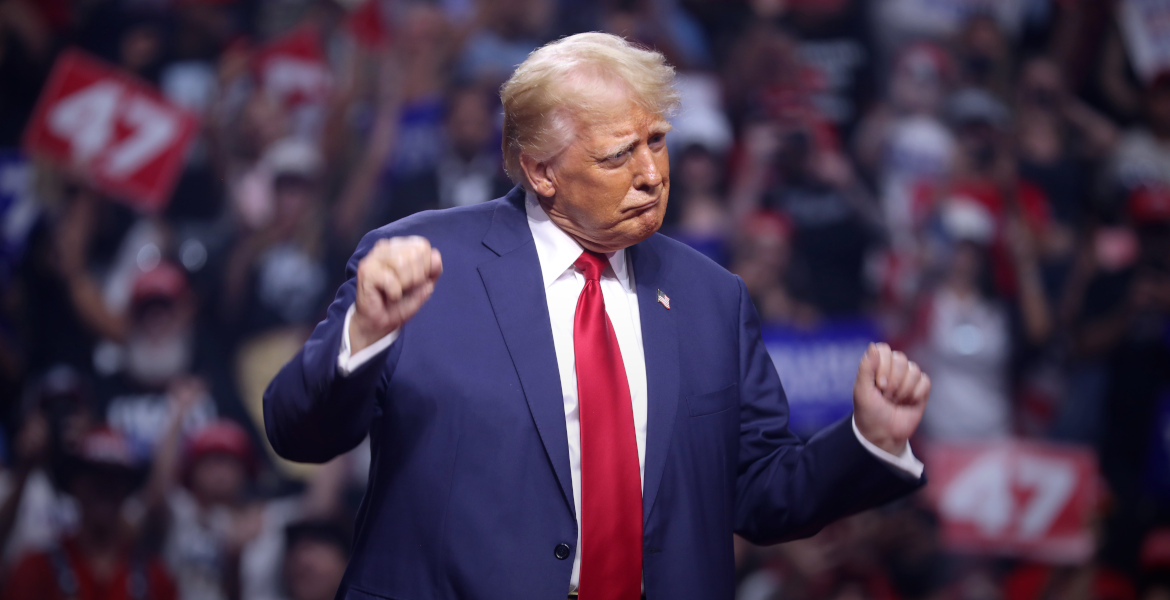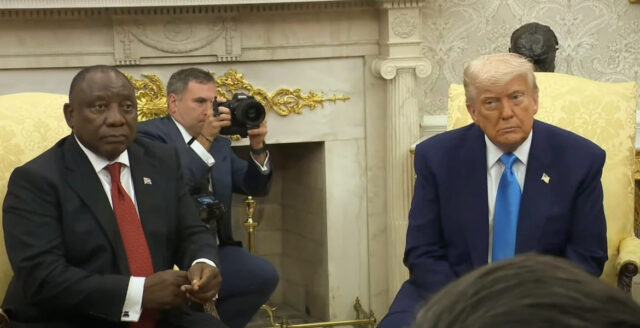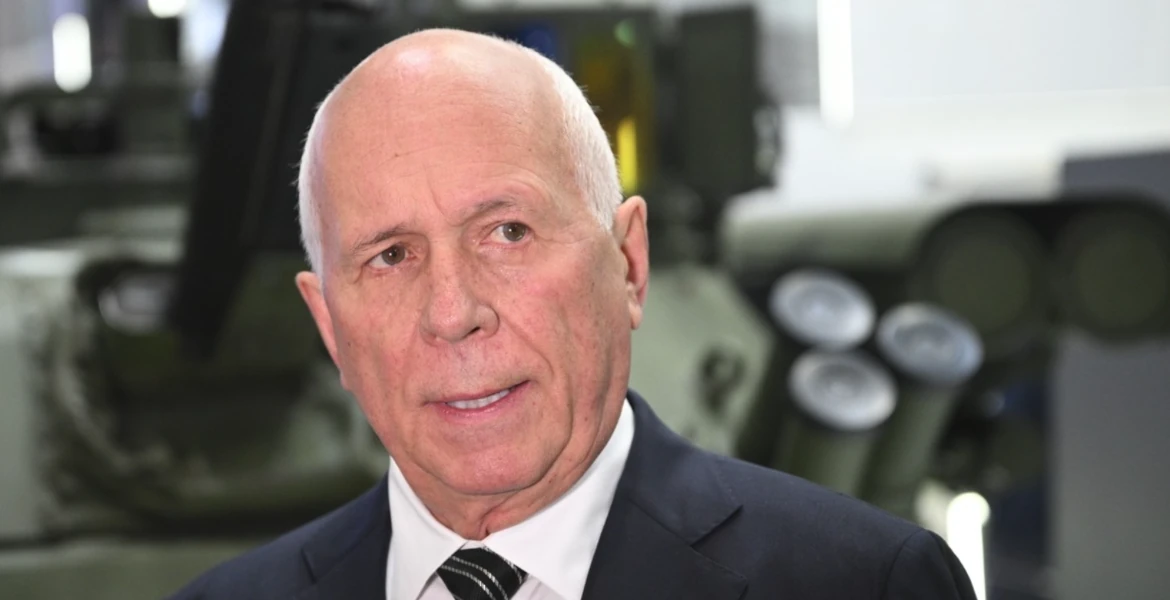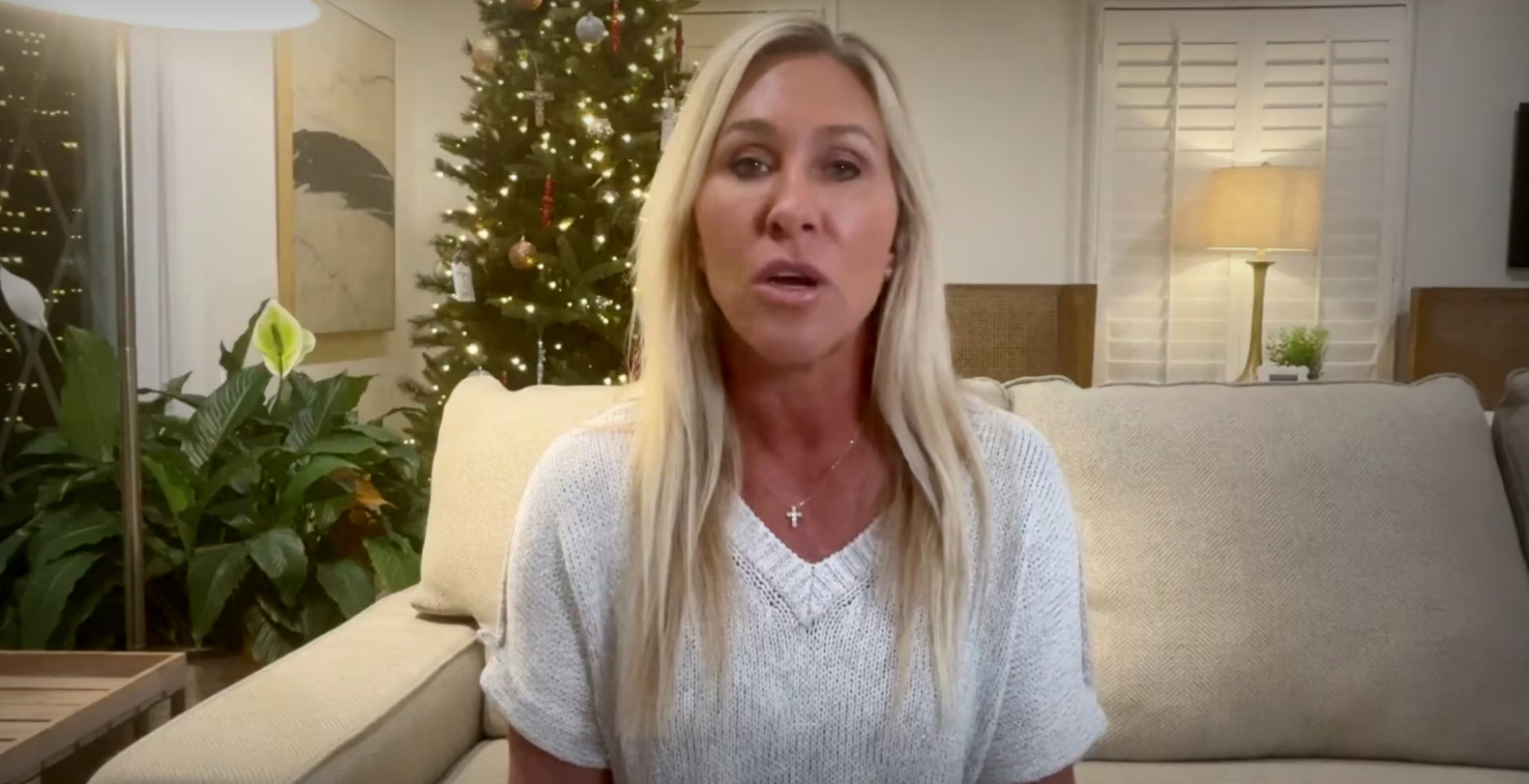The SAS and other British special forces have been engaged in covert military operations in at least 19 countries over the past 12 years without the knowledge of Parliament or the public, a new study shows.
Unbeknownst to the British people, they have operated in Nigeria, the Philippines, Russia, Syria, Ukraine and Sudan.
The Action of Armed Violence research group has compiled the activities of the British military since 2011, based on media leaks and whistleblower information.
British Special Forces have been repeatedly ordered by the Prime Minister and the Secretary of State for Defence to carry out high-risk missions in countries with which the UK is not at war. In Syria, this has included helping rebel groups fight against government forces in order to weaken President Bashar al-Assad.
50 soldiers from British Special Forces are also listed in leaked Pentagon documents as being present in Ukraine - despite the fact that the UK is officially not a combatant in the conflict. The number of US and French soldiers were listed in the same document as 14 and 15, respectively.
The report's authors note that British special forces can be ordered on missions without parliamentary approval and that their actions abroad do not need to be investigated by a parliamentary committee. However, if the UK instead officially declares war with another country, MPs must first vote on it - giving the government an incentive to use the elite forces for covert military operations it does not want the public to know about.
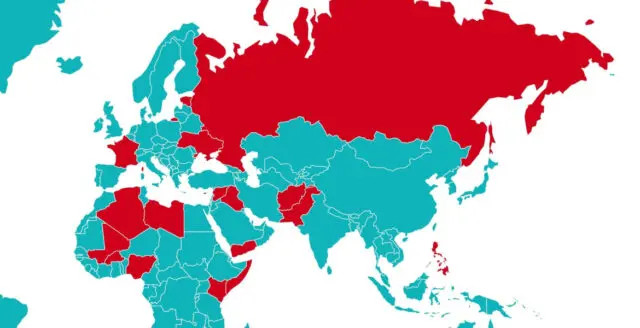
Other examples cited include former Prime Minister David Cameron giving the SAS a mandate to hunt down, capture or kill Islamist leaders in the Middle East - regardless of their location.
"The extensive deployment of Britain’s Special Forces in numerous countries over the past decade raises serious concerns about transparency and democratic oversight. The lack of parliamentary approval and retrospective reviews for these missions is deeply troubling", said Iain Overton, the executive director of Action of Armed Violence, AOAV.
Earlier this spring there were also allegations that the SAS executed at least 54 people in Afghanistan in 2010 and 2011 - usually during night raids. It is reported that the men were separated from their families and then shot dead by the British soldiers. Many of those killed were said to be unarmed - but the British allegedly claimed in subsequent reports that they had drawn their weapons.
However, these types of incidents are often said to be rescue operations where British citizens are kidnapped and special forces are flown in to free them - with mixed results.
A spokesperson for the British Ministry of Defense says that it is a long-standing policy of British governments not to comment on the activities of special forces.
According to the study, the countries in which British special forces have operated secretly over the past 12 years are Afghanistan, Algeria, Estonia, France, Iran, Oman, Iraq, Kenya, Libya, Mali, Cyprus, Nigeria, Pakistan, the Philippines, Russia, Somalia, Sudan, Syria, Ukraine and Yemen.

